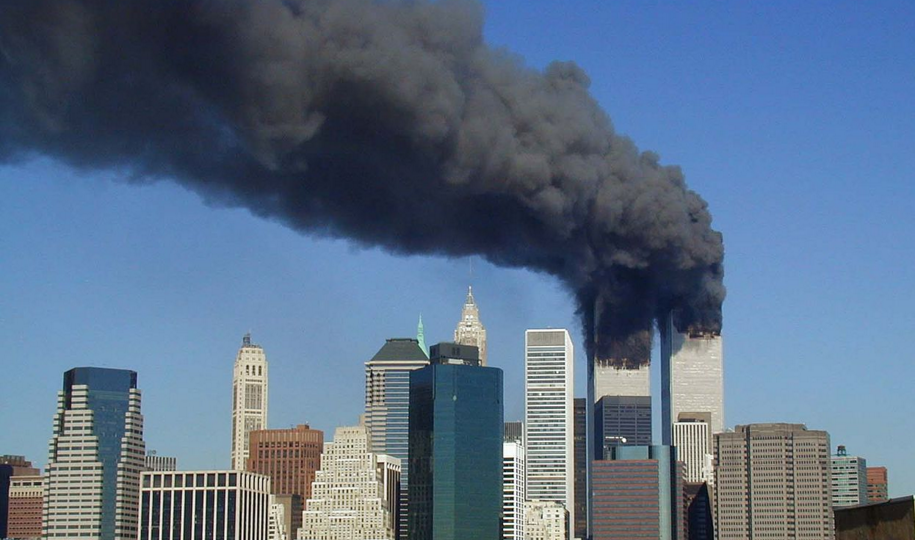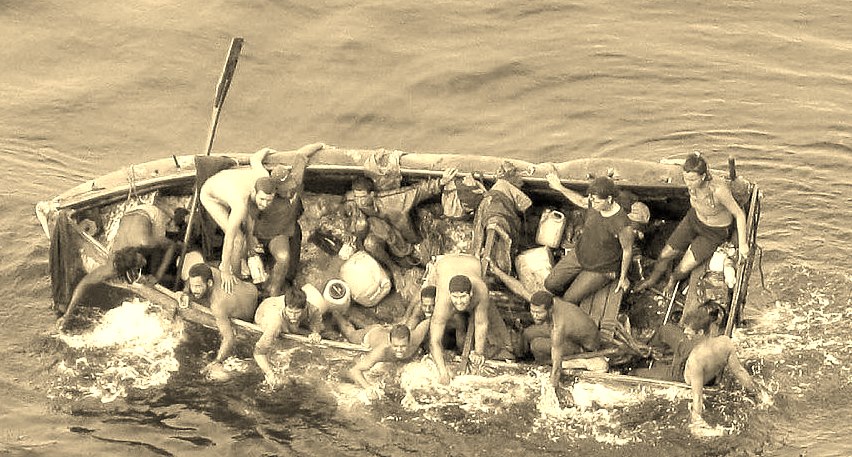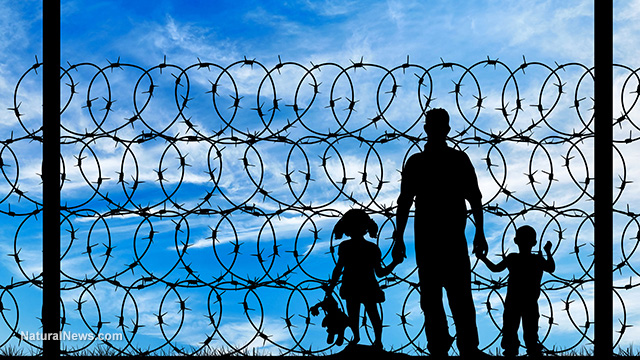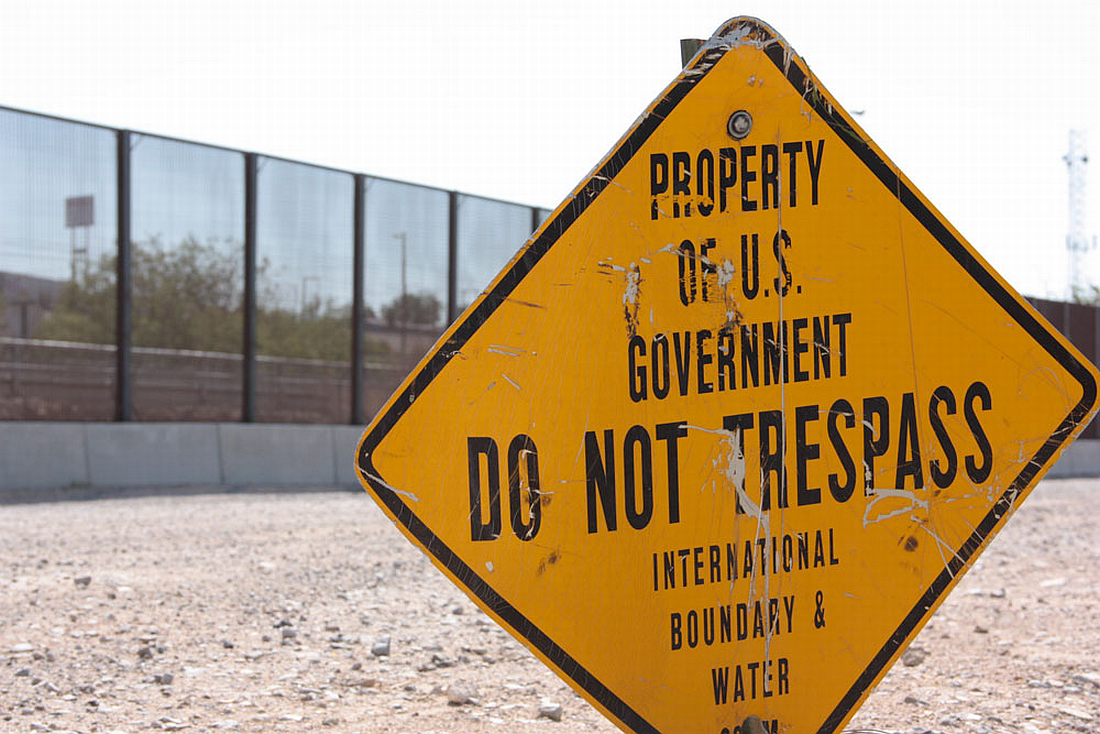Der Spiegel media scandal proves that corporate-run media celebrates journalists who fake news stories with fabricated sources
01/04/2019 / By Isabelle Z.
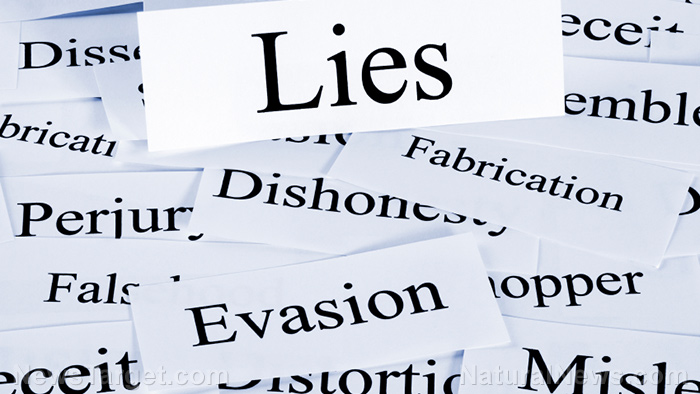
What do you have to do to earn accolades as a journalist and win awards? The less disillusioned among us might say you need to be a good and engaging writer who secures authentic sources and shares exhaustively confirmed information with readers. The rest of us know better: All you really have to do is push a liberal agenda with stories that sound believable without letting pesky facts get in the way.
In fact, if the truth doesn’t support the agenda you’re supposed to push, you could always make up a story. That’s what one writer for one of Germany’s most respected publications, Der Spiegel, did – and he won a slew of journalism awards for his efforts before he got caught.
Decorated with honors like the European Press Prize, the Forbes List of 30 Under 30 European Media award, and CNN’s Journalist of the Year, 33-year-old reporter Claas Relotius wrote about topics like vigilante groups on the U.S. border with Mexico, a rural American town that is in favor of President Trump, and a Yemeni prisoner at Guantanamo Bay.
One of his more celebrated stories was about Fergus Falls, Minnesota. Full of stereotypes about gun-loving Trump followers, outraged local residents set the story straight in an article of their own posted on Medium. They said that “in 7,300 words, he really only got our town’s population and average annual temperature correct.” He says, for example, that city administrator Andrew Bremseth carries a Beretta 9mm to work – but Bremseth says he doesn’t own a Beretta and would never wear a gun to work. He also wrote Bremseth had never been with a woman or visited the ocean, something he says is untrue and can easily be dispelled by looking at pictures of him with his long-term girlfriend in front of the ocean posted to his Facebook account.
He also wrote that local high school students skipped a visit to the Statue of Liberty in favor of going to Trump Tower on a school trip to New York City that locals say never took place to begin with. But it’s easy to see why his editors must have been so keen to publish the piece, which makes the town look like a place full of uneducated hicks who know nothing about the world and blindly follow Trump – an idea that media outlets around the world seem all too happy to promote.
In many cases, his articles were about people who lived abroad and didn’t have access to the German publication. Moreover, many of the stories were only published in German, lowering the likelihood of anyone calling him out on his lies. Indeed, he was only discovered when a colleague who had covered the border vigilante groups with him, Juan Moreno, suspected something was amiss. When he mentioned his concerns to the editorial board of the magazine, they brushed off his claims, so he headed back to the border area without his editors’ approval to talk to the sources Relotius had allegedly interviewed. All of them said they had never been interviewed by him.
Lies, lies and more lies
Relotius isn’t the only journalist who has mixed fact with fiction – he’s just one of the few who have been caught. In 1981, Washington Post writer Janet Cooke won a Pulitzer Prize for an article about an eight-year-old heroin addict who turned out to not even exist. Jack Kelley, then a USA Today star foreign correspondent, was found in 2004 to have fabricated major portions of several of his biggest articles over the years, including a Pulitzer Prize finalist piece. Some of the affected pieces included a profile of a Jerusalem suicide bomber, Cuban refugees, and the hunt for Bin Laden.
Getting back to our original question, becoming a celebrated journalist is sometimes simply a matter of writing stories that make Trump supporters look idiotic or otherwise pushing a liberal agenda while your publisher’s team of “fact checkers” look the other way.
Sources for this article include:
Tagged Under: Claas Relotius, CNN, deception, Der Spiegel, fact checkers, fake news, Journalism, lies, mainstream media, news cartels, political bias, real investigations, truth, WaPo

